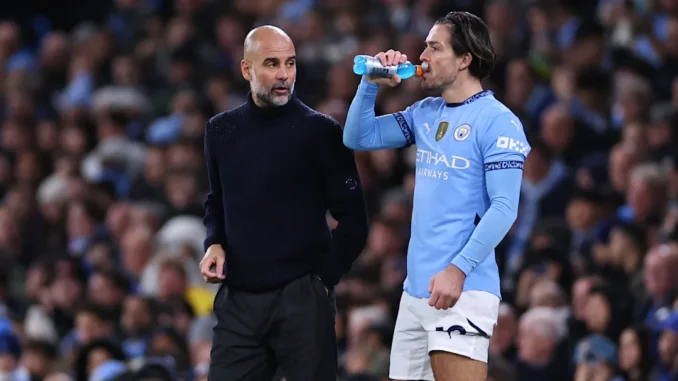
The spotlight, as it often does in the high-stakes world of professional football, turned its glare upon a player whose off-field activities had become a topic of widespread discussion. The player, known for his flair on the pitch and his vibrant personality off it, found his private life under scrutiny, prompting his manager to address the situation with his characteristic blend of candor and pragmatism.
The manager, a figure renowned for his meticulous approach and unwavering standards, made it clear that his primary concern lay with the player’s performance on the field. “They know what they have to do,” he stated, his voice carrying a note of firm resolve. “A day off is a day off, there is no training. They have private lives to do whatever they want. I’m not going to control what they do in their private life. I judge what I see on the pitch, the training sessions and the performances in the game. That’s where I judge the players.”1
This declaration underscored the manager’s philosophy, a belief that professional athletes, while subject to public attention, are entitled to a degree of personal freedom. However, it also served as a clear reminder that their on-field contributions would ultimately determine their standing within the team.
The player’s recent activities, which included appearances at various public venues, had sparked debate among fans and pundits alike. Questions arose regarding the potential impact of these activities on his fitness and focus. The manager, however, remained steadfast in his approach, emphasizing that his evaluation would be based on tangible evidence.
“I want Jack at his best, of course, but he’s had setbacks and didn’t play. That was sometimes for the injuries, he could not get the rhythm that you need for being ready every three days. Jack played really good the last game and hopefully he can have the consistency,”2 the manager said. This statement highlights the managers desire for consistency from the player.
The discussion then shifted to the player’s future with the club, a topic that held significant weight given his high-profile status and the club’s lofty ambitions. The manager, while acknowledging the player’s talent and potential, refrained from offering definitive assurances.
“What happens in terms of Jack, in terms of everyone, they will be treated at the end of the season. But now we are playing for many important things for the club. I want the best not just for Jack but for everyone. He is a player for Man City. What will happen?3 I don’t know what is going to happen,” he stated.
This carefully worded response reflected the manager’s commitment to evaluating each player’s performance over the course of the season, a process that would ultimately inform decisions regarding their future with the club. It also relayed how the manager is focused on the present, and the teams current goals.
The player’s situation highlights the delicate balance that professional athletes must maintain between their public and private lives. While they are expected to uphold a high standard of conduct, they are also entitled to a degree of personal freedom. The manager’s approach, which emphasizes performance over personal activities, reflects a pragmatic understanding of this complex dynamic.
The player’s ability to demonstrate consistency on the pitch will be crucial in determining his future with the club. The manager’s emphasis on performance serves as a clear message that talent alone is not enough; it must be coupled with unwavering dedication and focus.
The ongoing discourse surrounding the player’s situation serves as a reminder of the intense scrutiny that professional athletes face. Their actions, both on and off the field, are subject to public scrutiny, and their careers can be significantly impacted by their choices.
In conclusion, the manager’s comments provided valuable insight into his approach to managing his players, emphasizing the importance of performance and the balance between public and private life. The player’s future at the club will be determined by his consistency and performance on the field.
Leave a Reply